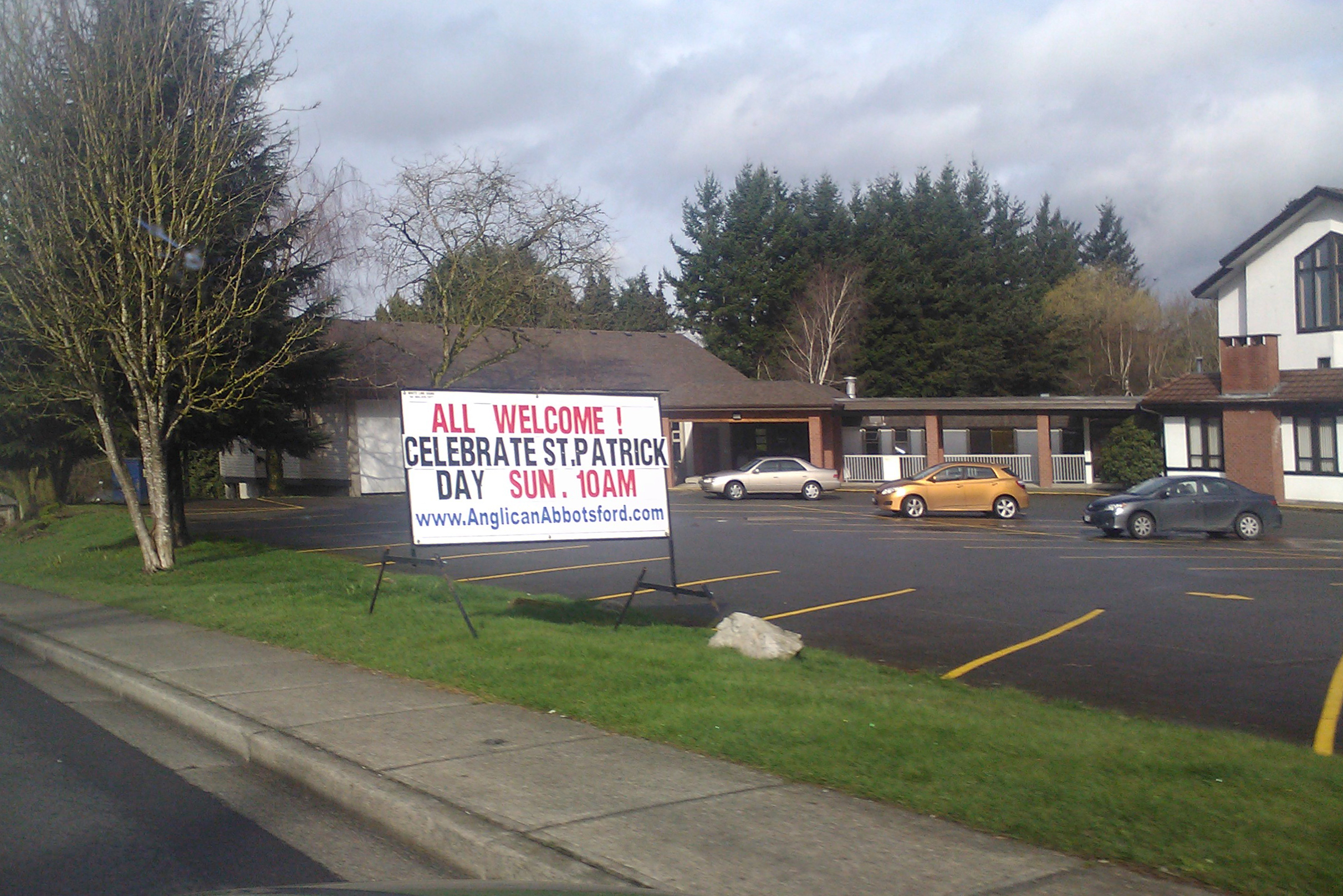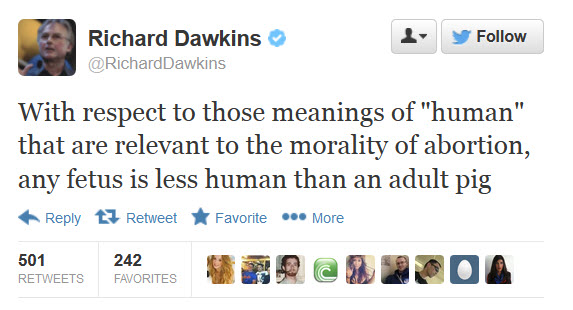I first read War and Peace when I was around twenty during a week when I was confined to the house, sick; Tolstoy’s books became something of an addiction and I devoured all I could find. He had an unsurpassed ability to understand people better, seemingly, than they understand themselves – perhaps I was looking for inspiration on who on earth I was.
Tolstoy was a Christian in his own peculiar way and, consequently, had a rather dim view of organised religion.
Here, George Jonas quotes a character in War and Peace to enlighten us on the state of the church. As is often the case these days, a non-Christian demonstrates a better understanding of the church as embodied in mainline denominations than those who pretend to run it.
I periodically return to Helene Bezuhov, who plays a minor role in the novel War and Peace. Exquisitely drawn, like all of Tolstoy’s creations, once you make the Countess Bezuhov’s acquaintance, you can’t quite forget her.
[….]
“According to her understanding,” writes Tolstoy, describing Helene, “the whole point of any religion was merely to provide recognized forms of propriety as a background for the satisfaction of human desires.”
How better to describe the Anglican Church of Canada?
Later in War and Peace, Tolstoy merely hints at the debaucheries to which La Belle Hélène sinks – unlike today’s novelists who would be able to focus their dubious talents on little else. Her extravagant abandonment to obscure expressions of concupiscence would probably be enough to make a Catholic Bishop blush. Not an Anglican bishop, though.
Like this:
Like Loading...



